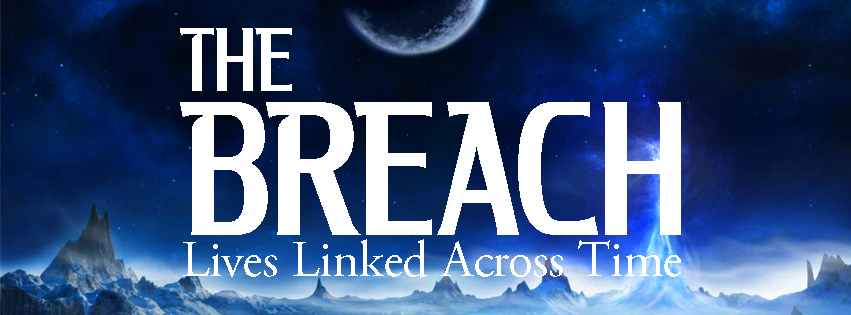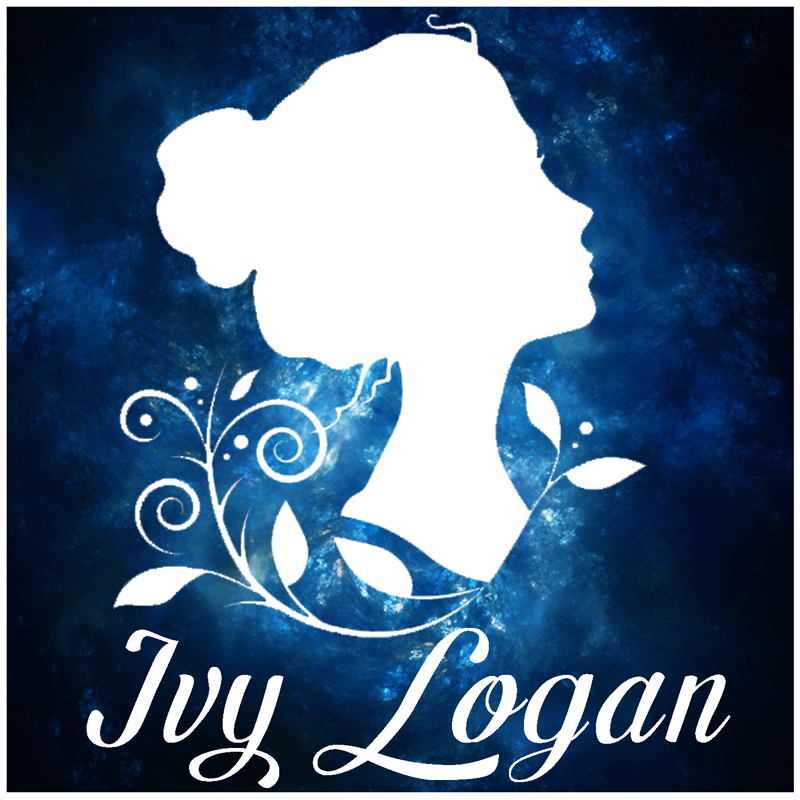and how it translates into my writing
by G. Lawrence
We often exaggerate things like passions, and I certainly did not come from the womb a budding historian obsessed with the Tudors. But I remember when it started, to the day, in fact.
Author Page
Amazon.co.uk: G. Lawrence: Books, Biography, Blogs, Audiobooks, Kindle
I was walking with my mother along a busy road somewhere in Croydon, South London, where I grew up. I was feeling sad and anxious. I would have been ten or eleven, and we were on our way to visit my nan in hospital. I was close to my nan. She lived with us when I was growing up, was often my babysitter, and I spent time with her every day. She had a constant supply of lurid-coloured, sugar-loaded, slightly sticky cakes, made the best stew I ever tasted, and loved me dearly. Together, me and my nan, and her partner (called Bomber, but his real name was George) would spend time in the garden or watching nan’s endless ream of soap-operas. We were close, and I loved her.
And that day I knew she wasn’t well. People aren’t when they go into hospital, after all. It was one of many visits she ended up making towards the end, and although I did not know the end was so near, I felt the impending threat that slowly closes upon us when some huge part of our lives may leave. I knew what death was, had had pets who had died, and I did not want my nan to go. So, trying to hide I was so anxious because I didn’t want to worry my mum, I walked with her to the hospital.

On the way we passed a bookshop. Outside, in a cardboard box, were books that were on sale, books that no one could have picked up for a long time. I believe they may have been 10p each and, already being a voracious reader as well as a child with a little pocket money, I asked to stop and look. My mum agreed, and in that box I found a number of worn paperbacks, their cover art rather wild and corny to my eyes now, but one bore a title that intrigued me. It was Murder Most Royal, by Jean Plaidy. I didn’t know the author, but there were a few of her books in that forlorn, dusty box, and since I had been raised on Sundays of a walk (generally in the rain) followed by beans on toast for tea and Agatha Christie TV dramas, I think the title with “murder” in it caught my attention. I bought a few of the books and we went on to visit my nan.
Still sad that afternoon after seeing my nan looking so small and ill in her bed, I sat down with the book and found myself immersed, away from the world and my sadness. I was lost in a story of a young woman in the Tudor age, not a conventional beauty, but witty, striking, courageous and head-strong, a woman who read books others did not, who danced and sang, decided who she would and would not marry, and who captured the heart of a king. The story went on to tell how that same man would alter the structure of his country to marry her, and would eventually send her to her death. The story went on after to that same woman’s cousin, who married the same king, and ended up with the same fate. The two women were Anne Boleyn, and Catherine Howard. There began my fascination with the Tudor age.
Though I found Catherine’s story heart-breaking, Anne in particular struck me. I think she has captured many a heart, both during her lifetime and long after her death. Such an enigmatic, unusual woman for her age or any other, with confidence aplenty, who stood out in so many ways. After that I read everything I could find about Anne. She became my heroine, someone I looked up to. And that book meant something else to me too, because in time my nan died, but the comfort I found with that book helped me during the first great loss of my life. Anne Boleyn, in a way she never would know about, came along and helped me when I needed help the most. I lost someone I loved, and I gained something I loved at the same time. Ever after that time, I have turned to books when I need help. That help might be an answer I’m looking for, or information, or it may be that I need to escape the world for a while. In times of sorrow and joy, reading has been with me, books have been friends. Authors, people I have never met, some of whom have been dead for a long time, have helped me through some of the worst times of my life, and enhanced some of the best. For that, I am forever grateful.

I read more Jean Plaidy, and found she wrote under two more names, so I found all those books too. I read about more Tudors, as well as Stewarts, Victorians and Plantagenets. I went on to find history books which told me more. On school trips to Hampton Court and the Tower of London, I could be found lingering in hallways, hoping I might see Anne’s ghost. I read about her daughter, Elizabeth, and about all the other people in those books. An obsession began, one that has continued throughout my life. What surprises people is I did not do history at GCSE or A level. Put off by the prospect of studying the French Revolution, WWI, (both of which sounded quite depressing) and by a singularly dull teacher, I chose other subjects, but in my spare time I read the history I wanted to read. Years later, when I came to start writing, stories of Anne, her daughter, and other people I was fascinated by came rushing out.
I sometimes wonder if part of the urge to write was the notion that I might bring comfort to someone when they needed it. My books include a lot of detail about the time periods I write about (which some readers love and some loathe), because part of my drive to write was to share everything I found interesting about the life and times of my characters, to bring texture to their world, to make the past as real to others as it had become to me. But I think another impulse was to share my thoughts, and hope that those thoughts might resonate with someone out there, someone who might just have picked up one of my books on a whim, but found something in them which brought comfort when comfort was needed. I wanted to share the solace I had found in books.
I have been in contact with a few readers who told me that something in one, or more, of my books touched them, consoled them. During the pandemic I was in touch with a few people who said thank you, as my books had helped them escape when they felt anxious or depressed. There is no greater honour than to be told that, and that thought keeps me writing.
I think, often in life, we find something to love to replace something lost. As I lost my nan, I found Anne Boleyn. Wanting to fill a hole inside me, I entered into an obsession. Sometimes when we are sad we feel hollow, and I believe that is the time we need to seek out something to pour into ourselves, and to pour ourselves into. It is what we love and the people we love that make up the best of life, and although nothing is permanent and whenever we risk love we risk loss, love also brings the greatest rewards and joys. Without passions, without love, we live a dull, faded life, and have little to help us through the hard times that inevitably must fall on all of us. Hitching your wagon to an obsession or passion, daring to love people, these are the aspects of life that make life worth living, and not only that, they enhance it; they are the light allowing you to see all the fine detail of the world, to be grateful for it, and to stand in awe before it.
You could say that love of my nan introduced me to love of the Tudor age, and losing her set me on a path that has led to my love of books. It also sent me to my present career. I write about women of the Tudor and Medieval periods, women who stood out to me, and I write about death (one can hardly escape it in any age, but particularly the Tudors!) and grief. Perhaps I am still trying, as many of us are, to understand sorrow and how we cope with it in life. I wrote about Anne Boleyn and Catherine Howard, and as I read more, I find more women I want to write about. The struggles they endured because of their lower status in society and the ways they found to power or destruction fascinate me. In losing my nan, I found a passion. I was an avid reader before her death, but after it I found greater and more lasting solace in books and in learning than I knew existed before. Something precious was lost, and something was found, and although the loss still hurts, and always will, what was found came to comfort me, and will again, the next time I need help.



